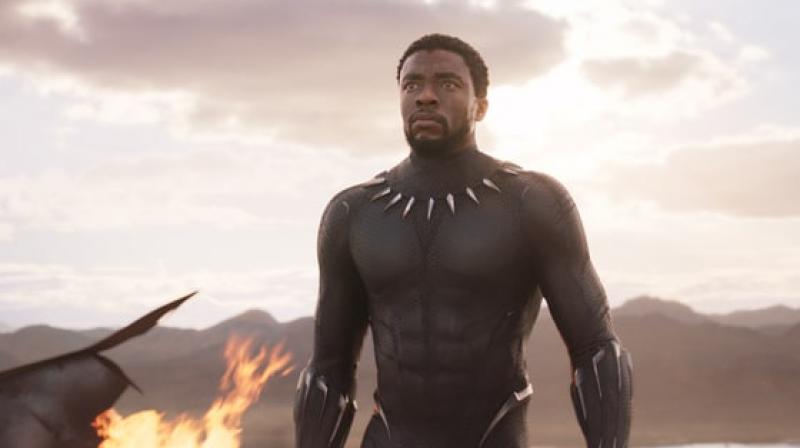Taking a cue from Wakanda
In sharp contrast, many communities in the real world place greater value on the preservation of culture over the freedom of women.;

Watching Black Panther twice made me see something in Wakanda that the world around us is missing, that we can certainly strive to create. No, I don’t mean vibranium. And no, I don’t mean the Dora Milaje! What I do mean is the status of women. Think about it — in Wakanda, gender equality is a fact that breathes and lives among the community. In Wakanda, women are badass and are not restrained from attaining their full potential. In Wakanda, women are respected. But most importantly, they are not burdened with having to be culture signifiers. And yet, their cultural diversity is respected, engaged with and revered.
In sharp contrast, many communities in the real world place greater value on the preservation of culture over the freedom of women. That women’s bodies are the primary vehicles of reproduction has been the basis for the confinement of their roles to being reproducers. With the rigid gender roles, then, there come rigid structures, patriarchal norms and policing systems that police a woman’s body, identity, choices and movement. As a consequence of being considered as what scholar Deniz Kandiyoti called “privileged signifiers” of cultural factors that differentiate communities, women are forced to conform with the status quo. This conformity is equated with the larger goal of preservation of culture? and any attempt to challenge an existing norm is seen as a betrayal of culture.
In some instances, the imposition of the status of cultural signifiers takes precedence even over the rigid sex-specific role of reproduction. For instance, in India, a recent policy framework exempted cosmetic products used as cultural signifiers of Hinduism from tax, but levied a heavy tax on menstrual products.
In sharp contrast, Wakanda is very different. Everyone is free to live and work to their full potential. For instance, Nakia rejected taking the herb and becoming the Black Panther only because she didn’t have an army and the herb was a good incentive to win the Jabari tribe over, not because it was meant only for men. Shuri was a woman in STEM, working to build and improve technology like a pro—she was not kept out of science like women in our world are. Okoye is a General and the Dora Milaje are the forefront in Wakanda’s military space—not kept out of the army because it’s a traditionally male job. After Zuri is killed, a woman takes over.
The key lesson to take home is when culture and tradition bind certain aspects of women’s social lives, women may remain bound by these norms for long after other aspects of their socio-economic and political lives may have changed.
The author is an Indian Women’s rights activist, a peace activist, artist, lawyer and writer

